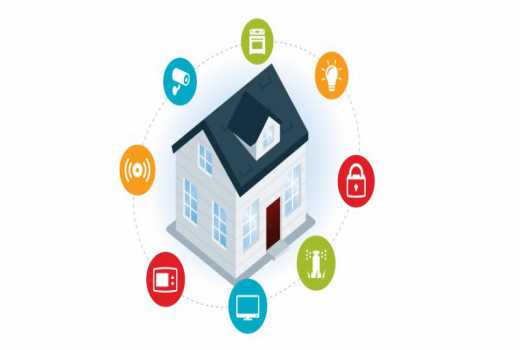
It’s no secret that artificial intelligence (AI) is creeping into our homes fast. With home broadband connections taking root and becoming the norm in most middle-class estates, the allure of bringing AI to the house is understandable.
Imagine the convenience of having a smart assistant – whether it’s Google Assistant, Amazon Echo, Microsoft’s Cortana or even Apple’s Siri – with the ability to answer almost any question instantly, as well as control your home appliances, like your TV, security cameras, smart bulbs or curtains, with nothing more than a voice command.